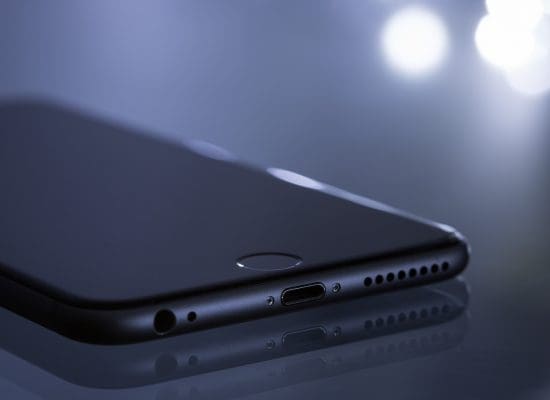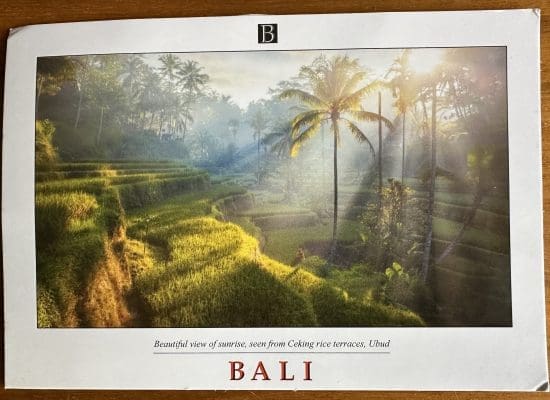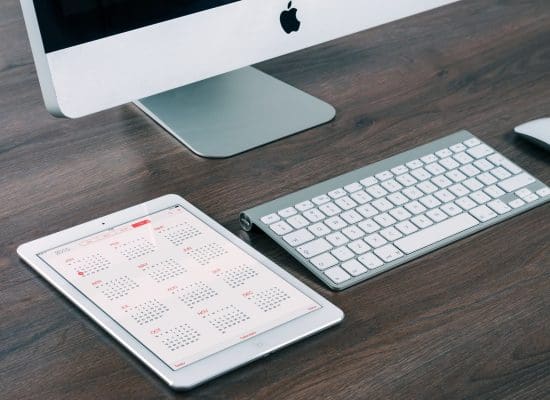Post photo: example image | © Pixabay
Table of Contents
occasion
Motivated by a tweet that resulted from a very interesting chat session, in which I am lucky enough to be the participant who can still learn something from everyone else, I spontaneously decided to do something about the trustworthiness of information to write and how I evaluate information myself.
Notwendigkeit
Especially in situations that are very complex, absolutely confusing and also existentially threatening, it is particularly important how you deal with information - i.e. process it.
That is why the armed forces worldwide have developed systems for assessing, evaluating, labeling and processing information. However, such systems are too complex for our "ideal world" and would also overwhelm most users.
So I developed a simple color system for myself and my personal use, which I have gotten along with quite well so far. Now that it is necessary to integrate this into a digital Zettelkasten environment, I have slightly revised it again.
I consider three things important about information: (1) its relevance to me, (2) the quality of the information itself and (3) the trustworthiness of the source. I summarize these three criteria as follows: from AA1 to CC3.
relevance
A = Need to know
B = Nice to know
C = small talk
Quality
A = checked and confirmed by at least one other source
B = checked
C = unchecked
trustworthiness
1 = source trustworthy
2 = Source known
3 = Source not trustworthy
However, the following should be noted when evaluating:
- can relevance is a personal decision for personal use, but is usually subject to certain specifications in the professional environment. This assessment can also change;
- in the Quality care must be taken that the "additional source" is not simply a copy of the first. Example: a newspaper article, another newspaper article and DPA as their common source -> the information is therefore not confirmed by other sources!
- can trustworthiness of the source does not depend on personal sympathy, but solely on the quality of the information already received.
Now I'll see how my short description is accepted and maybe even implemented by the inventor of the Zettelstore.
In any case, I recommend that anyone receiving and evaluating information always make sure to confirm it with at least one other source before taking any action, especially if it cannot be undone later.
"When we hear news we should always wait for the sacrament of confirmation."
Voltaire, Letter to the Comte d'Argental (28 August 1760)







